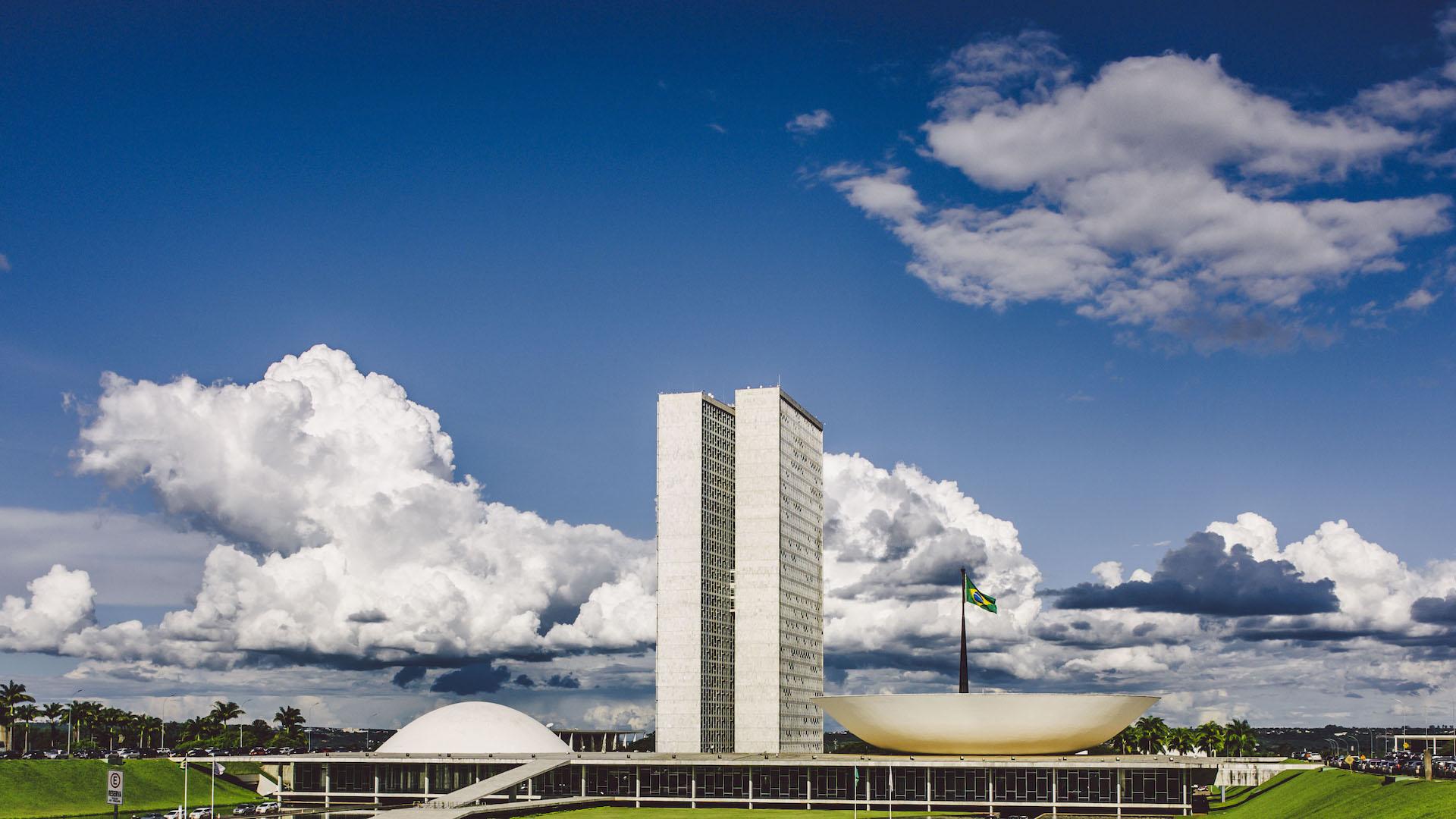“Brazil Against Lies” – The End of Fake News in Brazil?

Brazil is a fascinating country that attracts millions of Brazil vacationers every year. But what about the news about Brazil circulating? How can you be sure that the information you receive is true? In this article, we take a look at the latest developments in the fight against fake news in Brazil.
What does the government want to do about fake news?
By the end of this March, the first phase of the fight against fake news was launched in Brazil. However, this only applies to news that concern the government. The aim is to enlighten people about which news is true and which is not. That's a good thing, isn't it? But there is also criticism. Many people fear that the government will decide what counts as fake news which would lead to censorship. The bill is still being debated in Congress and it is still unclear whether the criteria of the International Fact Checking Network (IFCN) will be adopted. These criteria shall include:
- impartiality and fairness,
- transparency of sources,
- information on own financing,
- an explanation of its own working method and,
- the commitment to correct mistakes.
So will there continually be fake news?
Some fear that these criteria will not be adopted and that this may allow fake news to be continually disseminated.
There is already an example of this. A publication on the deforestation of the rainforest was published on the government platform “Brazil contra fake”, “Brazil against lies”, which does not meet all the criteria of the IFCN. This clearly shows that there is still room for improvement.
How have the big social media companies reacted to this?
Lula's government has also stated that it wants to treat social networks like publishers. This means that comments can be removed without a court order. Meta, Google, and Twitter have defended their work in this regard, stressing that since the 2019 attack in Christchurch, New Zealand they have worked intensively to combat fake news and protect data. They claim to work with more than 50 governments to combat extremism and terrorism. However, Brazil has not participated so far.
The regulation of social platforms is a priority of the new government to counter the increase in depression and suicide among young people, as well as problems exacerbated by social media such as the attacks in Brasília on January 8. Alexandre de Moraes, the Minister of the Supreme Court of Brazil, is the rapporteur of an investigation into fake news and considers the current regulatory model ineffective. Last year, he was sharply criticized after he filed a search and asset freeze order against a group of Brazilian businessmen who were commenting on the upcoming election campaign in a private WhatsApp chat.
It is clear that the fight against fake news is a complex matter and there is still a lot of work to be done. Therefore, during your trip to Brazil, you should be careful not to rely on a single source when it comes to information about Brazil. It is important to look for different sources and always be aware that there may be misinformation.
Sources: www.latina-press.com, www.utopia.de

